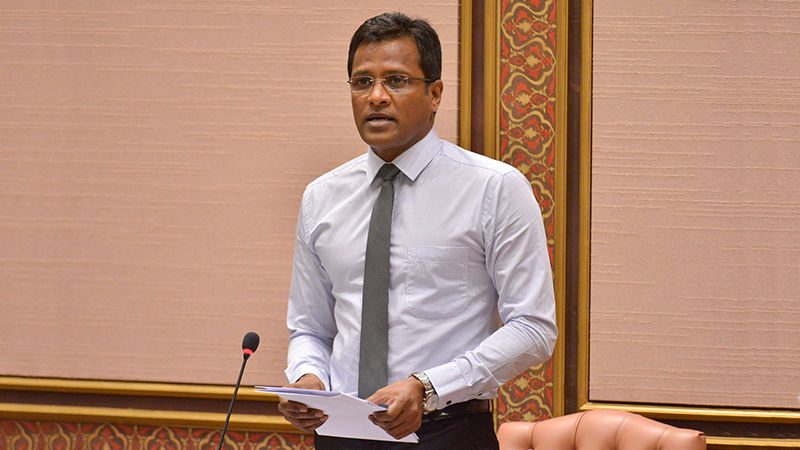Maldives bans street protests
Home Minister Umar Naseer’s ban on street protests has sparked an outcry with human rights advocates saying the restriction is unconstitutional.

29 Nov 2015, 9:00 AM
Home Minister Umar Naseer’s ban on street protests has sparked an outcry with human rights advocates saying the restriction is unconstitutional.
“The streets should be safe and peaceful. It is public property, not grounds for political activities and disorder,” Naseer told local media today. The government will end the prevailing culture of street protests as a means of political action, he went on.
Political activity can only take place in confined public spaces, he said, and political parties will only be allowed to promote their ideologies through parliament and “political podiums.”
“This government wants to develop this country, find opportunities for the public and bring them prosperity. This is not possible if political activities are carried out on the streets,” he said.
Become a member
Get full access to our archive and personalise your experience.
Already a member?
Discussion
No comments yet. Be the first to share your thoughts!
No comments yet. Be the first to join the conversation!
Join the Conversation
Sign in to share your thoughts under an alias and take part in the discussion. Independent journalism thrives on open, respectful debate — your voice matters.




